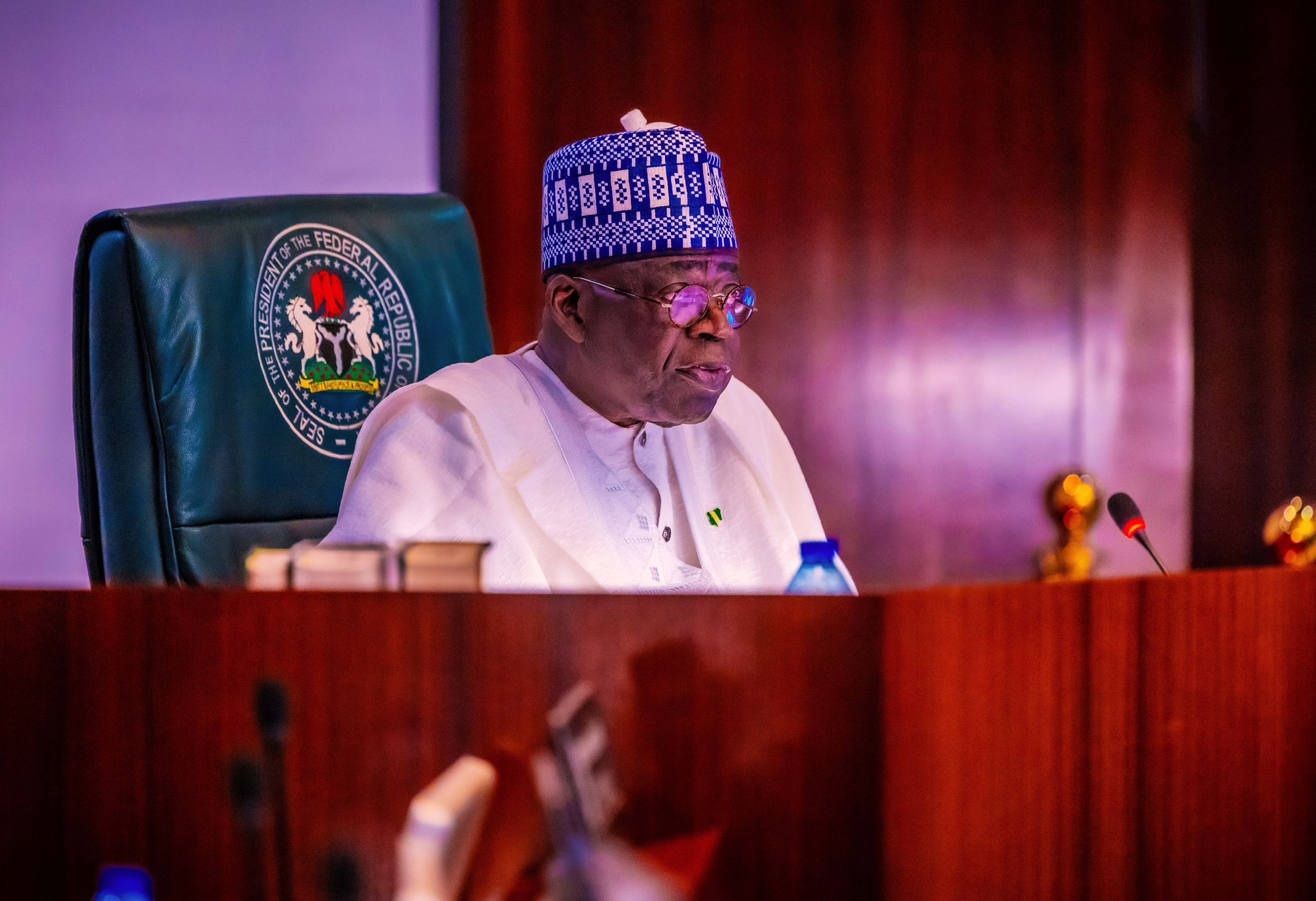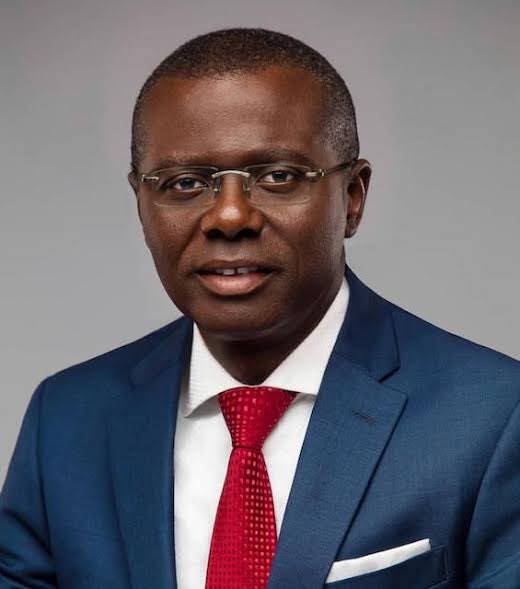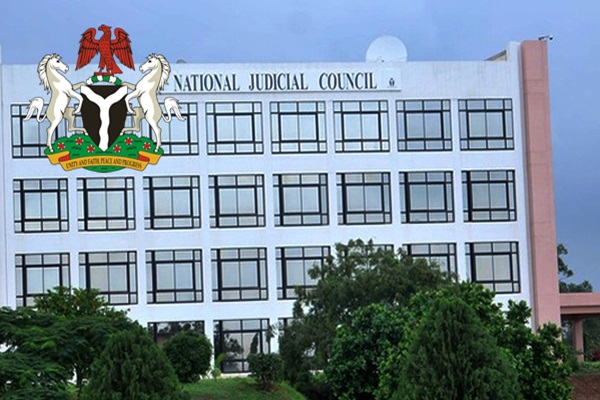The World Bank is set to approve three major loan projects for Nigeria in 2025, amounting to $1.65 billion, as part of its efforts to address the country’s critical developmental challenges. The proposed loans will focus on internally displaced persons (IDPs), basic education, and nutrition enhancement, reflecting the World Bank's commitment to supporting vulnerable sectors in Nigeria.
The first project, Solutions for Internally Displaced and Host Communities, worth $300 million, aims to address the socio-economic challenges of IDPs and their host communities. Its approval is slated for April 8, 2025.
The second, HOPE for Quality Basic Education for All, targets $553.8 million to improve access to education, with an expected approval date of March 20, 2025.
The largest share, $800 million, is earmarked for the Accelerating Nutrition Results in Nigeria 2.0 project, set for decision by February 20, 2025.
Recent Loans Under Tinubu Administration
Since President Bola Ahmed Tinubu assumed office, Nigeria has secured $6.95 billion in loans from the World Bank across various sectors, including energy, education, rural development, and governance reforms. Notable projects include:
- Power Sector Recovery Performance-Based Operation ($750m): Approved in June 2023 to stabilize the power sector.
- Nigeria for Women Program Scale-Up ($500m): Approved in June 2023 for women empowerment.
- Adolescent Girls Initiative for Learning and Empowerment ($700m): Approved in September 2023 to enhance education access for girls.
- Distributed Access through Renewable Energy Scale-Up ($750m): Approved in December 2023 to improve electricity access.
Additional significant approvals in 2024 include:
- Nigeria Reforms for Economic Stabilization to Enable Transformation ($1.5bn): To support economic stability.
- Sustainable Power and Irrigation Project ($500m): To address climate challenges like floods and droughts.
Rising Debt and Economic Implications
The World Bank currently holds $16.32 billion of Nigeria’s external debt, representing 38% of the country’s total. This includes $484 million owed to the International Bank for Reconstruction and Development.
Data from the Central Bank of Nigeria reveals that the government spent $3.58 billion servicing foreign debt in the first nine months of 2024, a 39.77% increase from the $2.56 billion recorded in the same period in 2023.
Global trends have also impacted Nigeria, as rising interest rates have driven debt servicing costs to record highs. According to the World Bank’s latest International Debt Report, developing nations collectively spent $1.4 trillion on foreign debt servicing in 2023, with interest payments alone surging by nearly 30%.
Balancing Development and Fiscal Sustainability
While these loans offer critical support for Nigeria’s development, they come amidst mounting fiscal pressures and economic challenges. The Federal Government's ability to meet loan prerequisites, ensure accountability, and strategically channel funds into transformative projects will be pivotal to mitigating the risks of rising debt burdens.
The approval of the $1.65 billion projects in 2025 will further test Nigeria’s resolve to balance much-needed developmental financing with fiscal sustainability.




